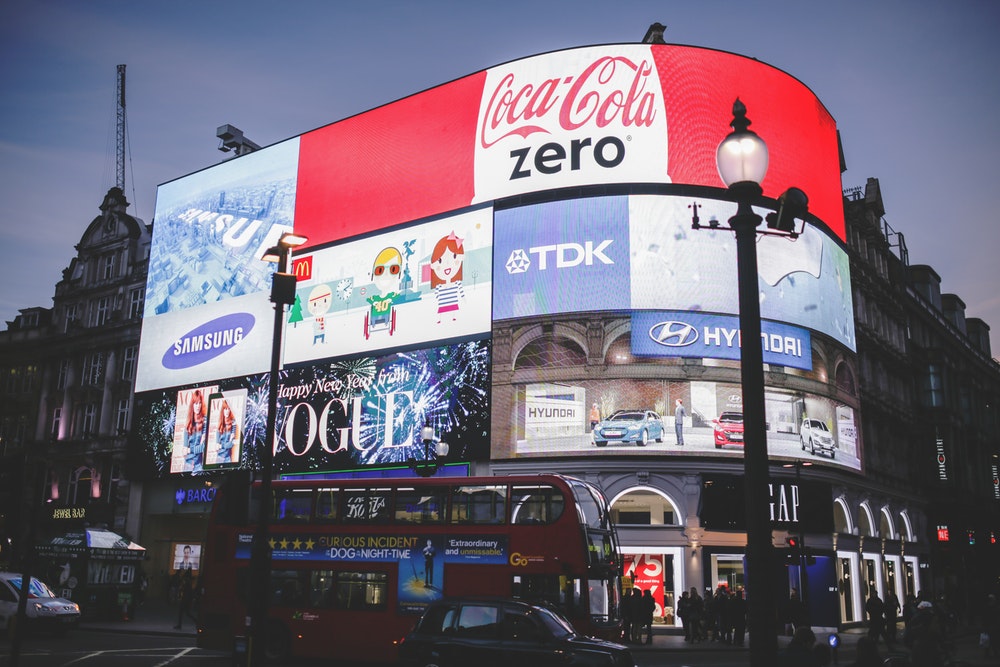One of the greatest books that explain how the world works is Propaganda by Edward Bernays. The man dubbed “the father of public relations” applied the psychological ideas of his uncle Sigmund Freud upon the masses, triggering their basic motivations to the benefit of the governments and businesses that hired him to do so. With stark honesty and even boastfulness, his 1928 book explained the approach of his craft with no fear that doing so would jeopardize its success. He also laid out a view of the future that has proven true.
Just as John Locke wrote the Social Contract to justify democratic rule, Bernays’ treatise seems like a similar defense of the rule by propagandists in that democracy. His book opens in stunning fashion.
“THE conscious and intelligent manipulation of the organized habits and opinions of the masses is an important element in democratic society. Those who manipulate this unseen mechanism of society constitute an invisible government which is the true ruling power of our country,” Bernays wrote.
“We are governed, our minds are molded, our tastes formed, our ideas suggested, largely by men we have never heard of.”
To Bernays, what an authoritarian state would do directly, a democratic state does indirectly. Propaganda becomes the catalyst by which society’s rulers get the public to choose what the rulers want.
“It might be better to have, instead of propaganda and special pleading, committees of wise men who would choose our rulers, dictate our conduct, private and public, and decide upon the best types of clothes for us to wear and the best kinds of food for us to eat. But… society has consented to permit free competition to be organized by leadership and propaganda,” Bernays wrote.
Just as John Locke spoke of the consent of the governed in his book the Social Contract to justify its governmental rulers, Bernays invokes the consent of the propagandized in his book, likening propaganda itself to a form of governance.
Bernays was part of the Creel Commission on Public Information in the United States that President Woodrow Wilson commissioned to flip U.S. citizens from opposition to participating in World War I to actively demanding it. It is of interest that Bernays wrote, “A presidential candidate may be ‘drafted’ in response to ‘overwhelming popular demand,’ but it is well known that his name may be decided upon by half a dozen men sitting around a table in a hotel room.”
That shadow control does not end after a person is elected, according to Bernays.
“There are invisible rulers who control the destinies of millions. It is not generally realized to what extent the words and actions of our most influential public men are dictated by shrewd persons operating behind the scenes,” wrote Bernays.
“Nor, what is still more important, the extent to which our thoughts and habits are modified by authorities.
“In some departments of our daily life, in which we imagine ourselves free agents, we are ruled by dictators exercising great power.”
Bernays explained the methodology.
“The new salesmanship has found it possible, by dealing with men in the mass through their group formations, to set up psychological and emotional currents which will work for him. Instead of assaulting sales resistance by direct attack, he is interested in removing sales resistance. He creates circumstances which will swing emotional currents so as to make for purchaser demand.”
Put another way, Bernays said when someone wants to make a purchase, “It will come to him as his own idea.” The person will not even realize he was given a sales pitch through what was made popular, all through societal trends triggered and fostered by propaganda.
“If you can influence the leaders, either with or without their conscious cooperation, you automatically influence the group which they sway,” Bernays wrote. “But when the example of the leader is not at hand and the herd must think for itself, it does so by means of cliches, past words or images which stand for a whole group of ideas or experiences.”
Doctors, actors, singers, teachers, scientists, artists, designers, religious leaders and politicians lead the herds. Get them onside and their followers will also. Barring that, a positive jingle in a commercial or a hopeful catch phrase in an election campaign will only help. Bernays observed that “economic power tends to draw after it political power.” Massive lobbying budgets and campaign donations in the decades since have proven this true.
“It will be objected, of course, that propaganda will tend to defeat itself as its mechanism becomes obvious to the public. My opinion is that it will not,” Bernays wrote.
“No matter how sophisticated, how cynical the public may become about publicity methods, it must respond to the basic appeals, because it will always need food, crave amusement, long for beauty, respond to leadership.”
That’s why Propaganda explains the world that was, is, and will be.
Lee Harding is a research associate for the Frontier Centre for Public Policy. Propaganda can be read at http://www.historyisaweapon.org/defcon1/bernprop.html.
Photo by Negative Space on Pexels.



